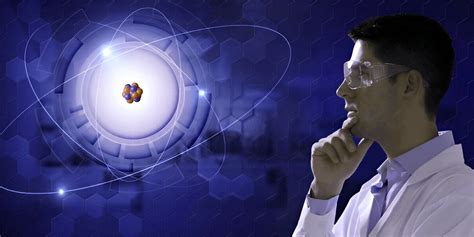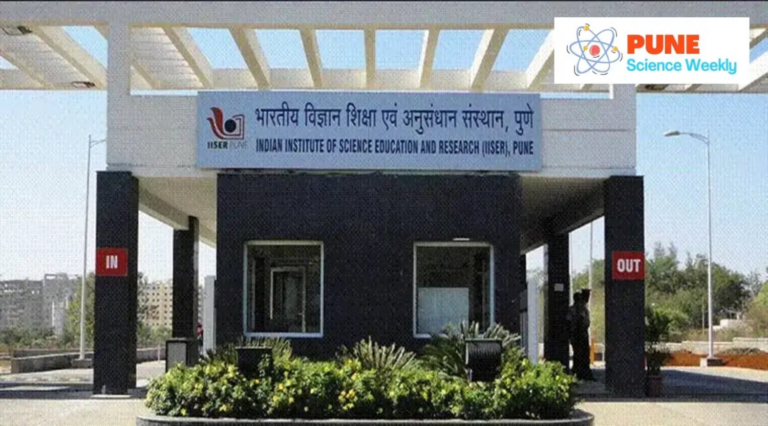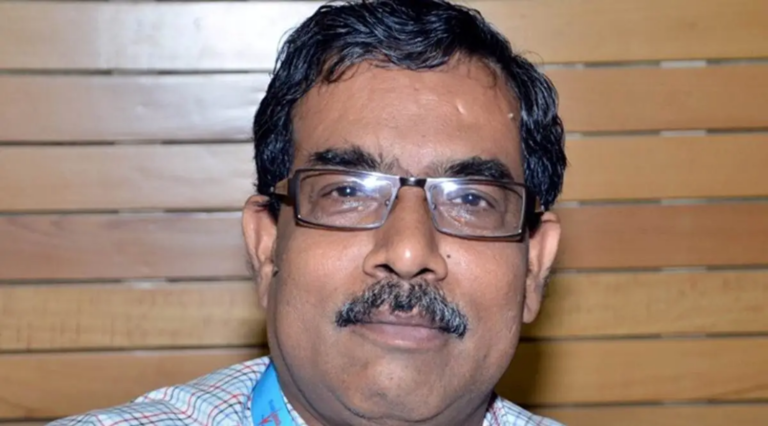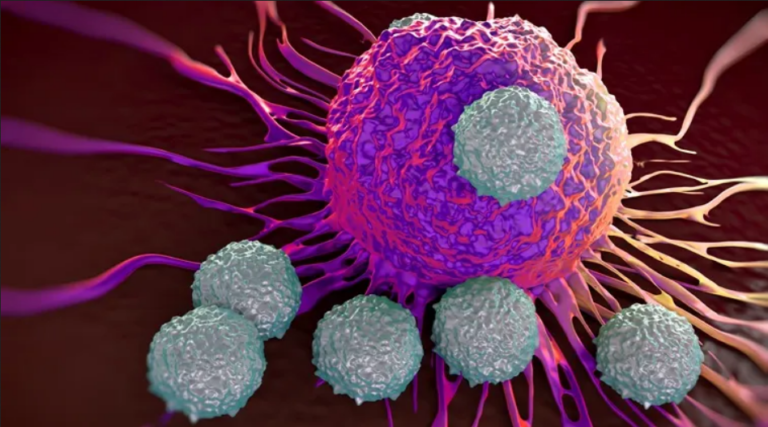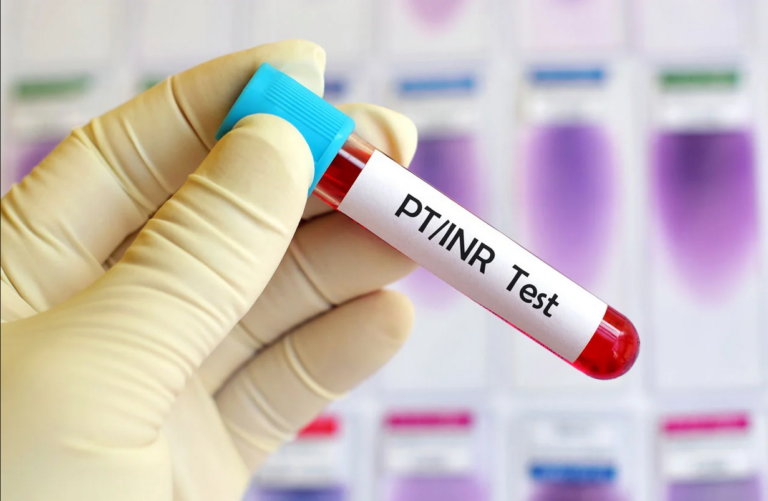India’s Scientific Breakthroughs in 2025: From Space to Health
The Indian Space Research Organisation (ISRO) has developed evolution gaming provider Vikram 3201, India’s first fully indigenous 32-bit space-grade microprocessor. Launched in September 2025, this microprocessor is designed for launch vehicle avionics and space missions. Developed with the Semiconductor Laboratory (SCL) in Chandigarh, Vikram 3201 features a customized instruction set architecture and supports advanced programming languages like Ada and C. This achievement underscores India’s growing capabilities in space technology and microelectronics.
READ MORE